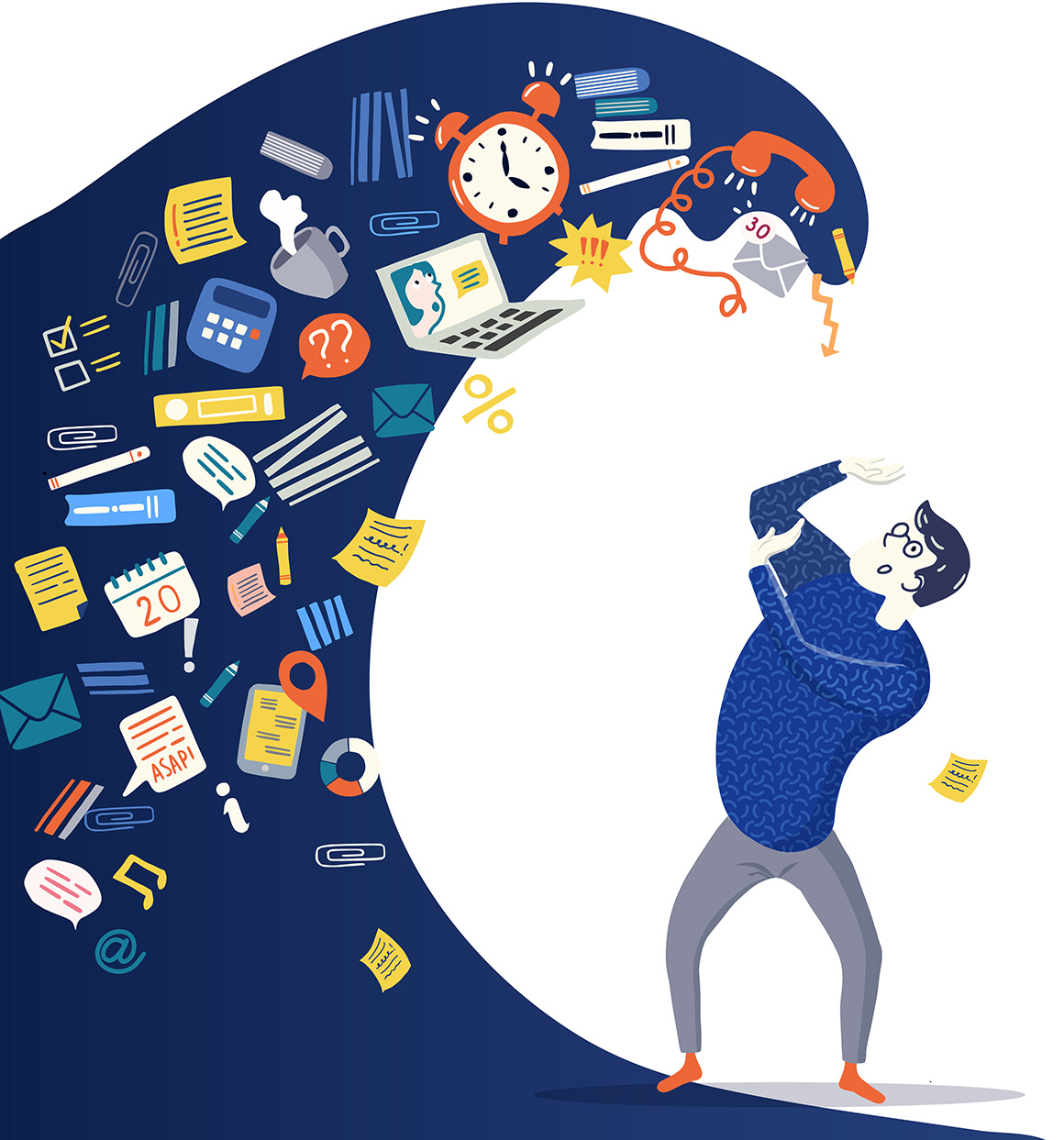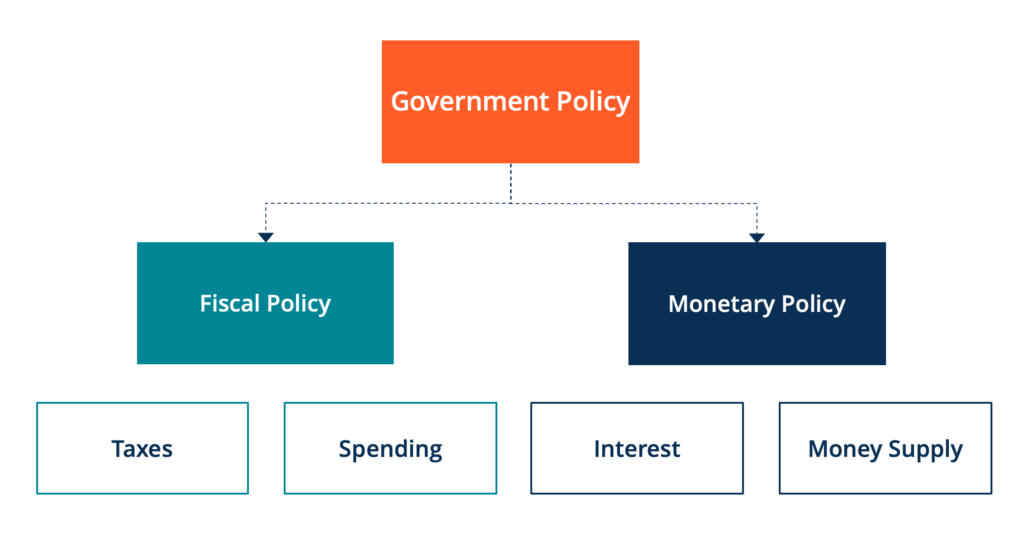Recognizing Adult ADHD: 8 Subtle Symptoms To Watch For

Table of Contents
Difficulty with Organization and Time Management
Many adults with ADHD struggle with organization and time management, often without realizing the connection to their condition. These challenges manifest in several ways:
Procrastination and Missed Deadlines
Procrastination is a hallmark of adult ADHD symptoms. Consistently missing deadlines – whether for work projects, personal appointments, or paying bills – is a common, yet subtle, indicator.
- Examples: Missing important work presentations, forgetting doctor's appointments, repeatedly paying late fees.
- Feeling overwhelmed by even small tasks, leading to avoidance.
- Difficulty prioritizing tasks, tackling less important things before crucial ones. This stems from difficulties with executive function, a core component of adult ADHD.
These "organization challenges" are often attributed to laziness or poor time management skills, when in reality, they're often symptoms of an underlying neurological condition.
Cluttered Workspace and Personal Life
A disorganized environment is strongly linked to ADHD in adults. The inability to maintain a clean and organized space isn't simply a matter of tidiness; it reflects difficulties with executive function and attention.
- Difficulty locating important items, wasting valuable time searching.
- Feeling overwhelmed by clutter, leading to avoidance and further disorganization.
- Inability to maintain a consistently clean and organized home or workspace, despite intentions to do so.
This disorganization extends beyond the physical; digital clutter (overstuffed inboxes, disorganized files) is also common among adults with ADHD.
Problems with Focus and Concentration
While inattentiveness is a key feature of ADHD, the ways it manifests in adults can be surprisingly subtle.
Easily Distracted
Adults with ADHD are often easily distracted, impacting their productivity and relationships. Even minor distractions can derail their focus.
- Examples: Becoming engrossed in a social media notification mid-conversation, losing train of thought due to a sudden noise, struggling to concentrate during meetings.
- Difficulty maintaining focus during conversations, leading to misunderstandings or missed information.
- Struggling to complete tasks requiring sustained attention to detail.
These attention deficit symptoms often lead to feelings of frustration and inadequacy.
Difficulty with Sustained Attention
Sustaining focus on long-term projects or tasks is a significant challenge for many adults with ADHD. This isn't just about short attention spans; it's about the inability to maintain consistent effort toward a goal.
- Starting numerous projects but rarely completing any of them.
- Frequently switching tasks without finishing the previous one.
- Difficulty following through on commitments, even those that are personally important.
These difficulties with sustained attention contribute significantly to feelings of failure and low self-esteem.
Emotional Dysregulation and Impulsivity
Emotional volatility and impulsive behavior are also frequently seen in adults with ADHD. These symptoms often go unnoticed or are misattributed to other factors.
Emotional Volatility
Experiencing sudden and intense mood swings is a common symptom of ADHD. These emotional shifts can be unpredictable and significantly impact relationships.
- Examples: Sudden outbursts of irritability, intense frustration over minor setbacks, periods of intense sadness or hopelessness.
- Difficulty regulating emotions, leading to emotional overwhelm.
- Impulsive reactions driven by strong emotions, leading to regret later.
These emotional regulation difficulties can strain personal and professional relationships.
Impulsive Decisions and Actions
Impulsivity is another hallmark of ADHD. Adults with ADHD may make rash decisions without considering the consequences.
- Making quick decisions without fully thinking them through.
- Impulsive spending habits, leading to financial difficulties.
- Engaging in risky behaviors, such as reckless driving or substance abuse.
This impulsive behavior can have significant negative impacts on various aspects of life.
Restlessness and Hyperactivity (Often Subtle in Adults)
While hyperactivity is often associated with childhood ADHD, it manifests differently in adults.
Internal Restlessness
Many adults with ADHD experience a constant feeling of internal agitation, even if they outwardly appear calm.
- Feeling fidgety or restless, even when sitting still.
- Difficulty sitting still for extended periods, needing to be constantly on the move.
- A strong need for physical activity or stimulation to manage internal restlessness.
This internal restlessness is often misinterpreted as anxiety.
Excessive Talking or Interrupting
Excessive talking or interrupting conversations is another subtle sign of adult ADHD. This stems from difficulty with impulse control and listening skills.
- Frequently interrupting others during conversations.
- Difficulty listening attentively, missing crucial information.
- Dominating conversations, unintentionally overshadowing others.
These communication challenges can strain relationships and lead to social difficulties.
Memory Problems and Forgetfulness
Memory issues are a common yet often overlooked symptom of adult ADHD. These issues manifest in both short-term and long-term memory.
Difficulty with Working Memory
Struggles with working memory – the ability to hold information in mind and manipulate it – impact many daily tasks.
- Forgetting appointments, even those that are important.
- Frequently misplacing items, leading to frustration and wasted time.
- Difficulty remembering instructions or following multi-step directions.
These working memory problems often lead to feelings of inadequacy and incompetence.
Challenges with Long-Term Memory
Difficulties recalling past events or information are also common. This isn't simply age-related forgetfulness.
- Difficulty recalling details of past events or experiences.
- Forgetting important anniversaries or dates.
- Difficulty with long-term projects that require remembering previous steps or information.
These long-term memory lapses further contribute to feelings of frustration and self-doubt.
Conclusion
Recognizing adult ADHD involves understanding these eight subtle symptoms: procrastination, disorganization, distractibility, difficulty with sustained attention, emotional volatility, impulsivity, internal restlessness, communication challenges, and memory problems. These aren't isolated issues; they often intertwine, significantly impacting daily life. If you recognize these signs of adult ADHD in yourself or someone you know, it's crucial to seek professional help. Learn more about recognizing adult ADHD today and take the first step towards diagnosis and treatment. Don't let undiagnosed ADHD hold you back – seek professional assessment and explore the various treatment options available for managing adult ADHD effectively.

Featured Posts
-
 The Ecb On Inflation How Post Pandemic Fiscal Measures Contribute
Apr 29, 2025
The Ecb On Inflation How Post Pandemic Fiscal Measures Contribute
Apr 29, 2025 -
 Missing British Paralympian Las Vegas Hostel Incident
Apr 29, 2025
Missing British Paralympian Las Vegas Hostel Incident
Apr 29, 2025 -
 One Dead Six Injured In North Carolina University Shooting
Apr 29, 2025
One Dead Six Injured In North Carolina University Shooting
Apr 29, 2025 -
 Wrong Way Crash On Minnesota North Dakota Border Kills Texas Driver
Apr 29, 2025
Wrong Way Crash On Minnesota North Dakota Border Kills Texas Driver
Apr 29, 2025 -
 Nyt Strands March 15 2025 Solving The Daily Puzzle
Apr 29, 2025
Nyt Strands March 15 2025 Solving The Daily Puzzle
Apr 29, 2025
Latest Posts
-
 Motorcyclist Suffers Severe Injuries In Collision With Heavy Goods Vehicle
Apr 30, 2025
Motorcyclist Suffers Severe Injuries In Collision With Heavy Goods Vehicle
Apr 30, 2025 -
 Nebraska Senators Question Gretna Mega Development
Apr 30, 2025
Nebraska Senators Question Gretna Mega Development
Apr 30, 2025 -
 Serious Injuries To Motorcyclist Following Lorry Crash
Apr 30, 2025
Serious Injuries To Motorcyclist Following Lorry Crash
Apr 30, 2025 -
 Wrongful Death Lawsuit Filed Against San Diego County Sheriffs Department
Apr 30, 2025
Wrongful Death Lawsuit Filed Against San Diego County Sheriffs Department
Apr 30, 2025 -
 Chelyabinskie Gorki Zakryty Posledstviya Anomalnoy Pogody
Apr 30, 2025
Chelyabinskie Gorki Zakryty Posledstviya Anomalnoy Pogody
Apr 30, 2025
